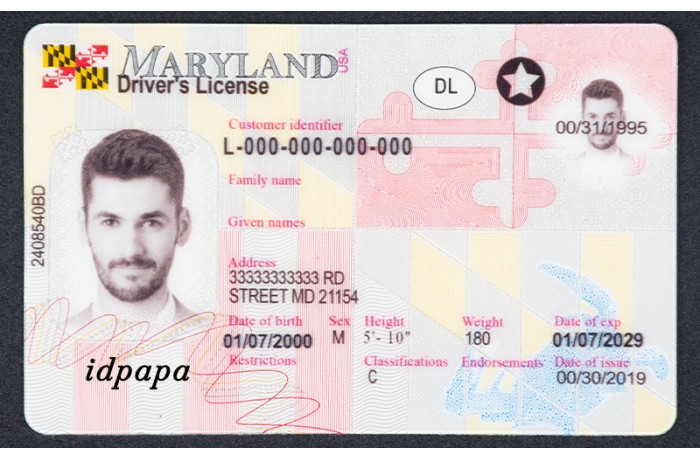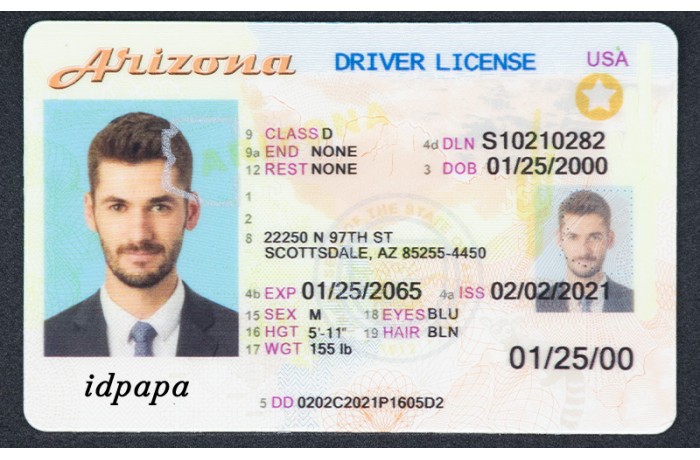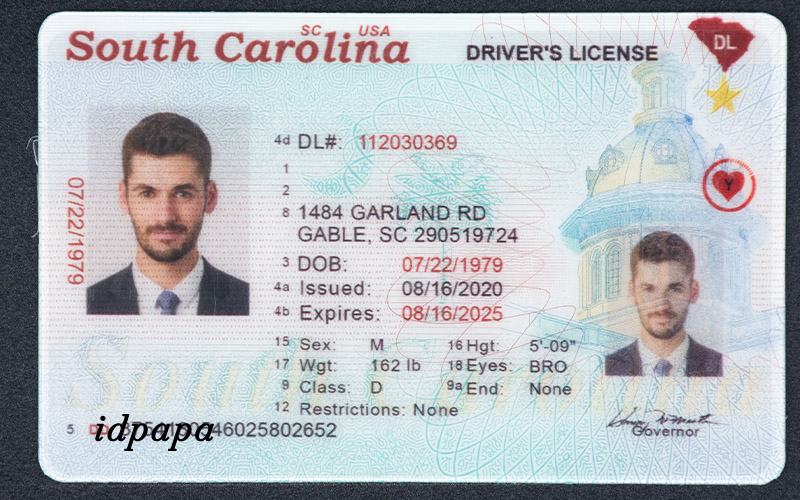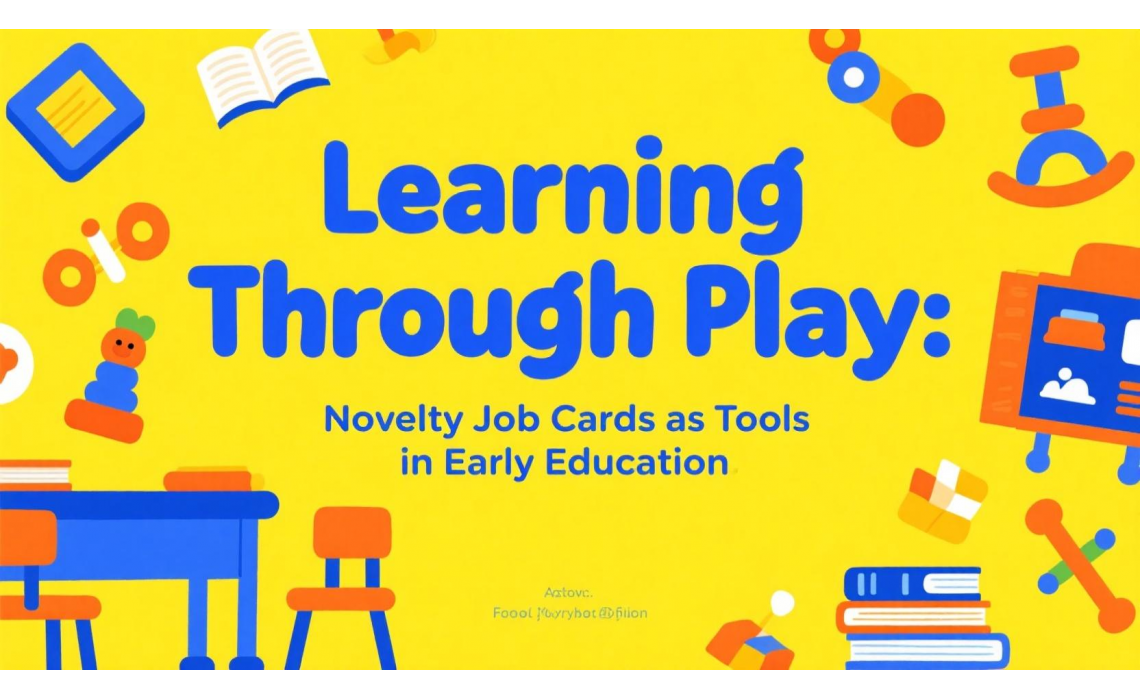Learning Through Play: Novelty Job Cards as Tools in Early Education
Learning Through Play: Novelty Job Cards as Tools in Early Education

In today’s early childhood classrooms, play isn’t just a break from learning—it is learning. From building blocks to pretend kitchens, playful experiences shape how children understand the world. One of the most innovative tools gaining popularity in early education is novelty job cards—fun, imaginative role-playing cards that assign children titles such as "Classroom Scientist," "Snack Time Supervisor," or "Tiny Tech Assistant." While they might look like simple laminated tags, these cards are powerful catalysts for growth.
Turning Pretend into Purpose
Children naturally love pretending to be adults—doctors, chefs, pilots, and teachers. Novelty job cards harness this instinct, turning fantasy into focused learning. By assigning roles to students, teachers create structured scenarios that feel like games but teach real-world responsibility. For example, a child designated as the “Weather Reporter” starts observing the sky and reporting to the class, developing skills in observation, communication, and vocabulary. These roles embed academic concepts in practical tasks, seamlessly blending fun with function.
Building Independence and Confidence
When children are entrusted with roles—even pretend ones—they feel seen and capable. A student who is named “Classroom Librarian” learns to organize books and help peers find stories they enjoy. This boosts not only early literacy engagement but also self-esteem. The simple act of wearing a job card can make a child feel important, valued, and responsible. These emotions are key to building a growth mindset early on—where kids learn that their actions have purpose and impact. Visit the Idpapa Shop.

Encouraging Soft Skills Through Roleplay
Beyond academic foundations, novelty job cards cultivate soft skills. As “Line Leaders” practice patience and organization, “Clean-Up Coordinators” develop teamwork and time management. Even conflict resolution becomes part of the game—if two children want to be “Tech Assistants,” they learn to take turns or negotiate. These lessons in collaboration, empathy, and leadership are essential for lifelong success and often harder to teach through traditional instruction.
Supporting Inclusive and Personalized Learning
Another powerful feature of novelty job cards is their flexibility. They can be adapted for students of different abilities, languages, and personalities. Shy students might flourish in quieter roles like “Plant Monitor,” while active learners enjoy being “Activity Director.” Teachers can rotate roles on a weekly basis or assign jobs based on each child’s strengths and areas for growth, making learning feel personalized and inclusive.

Final Thoughts: Little Roles, Big Impact
What may look like a cute classroom gimmick is, in fact, a deeply intentional educational strategy. Novelty ID Blogs job cards transform early learning spaces into vibrant mini-communities where every child has a part to play. By blending imagination with real-life responsibility, these cards not only boost engagement but also lay the foundation for critical life skills. In the world of early education, sometimes the most meaningful growth happens when children are simply playing their part.


